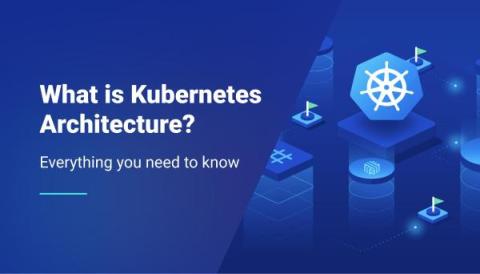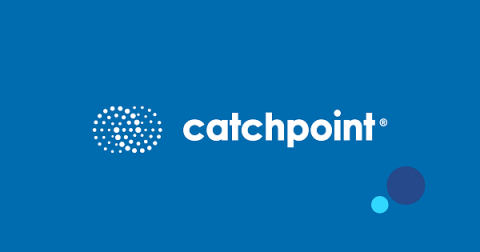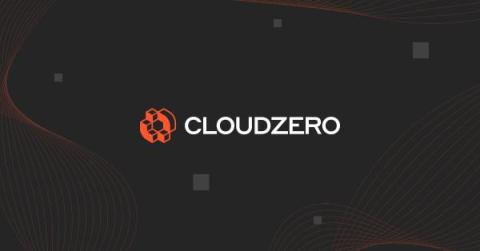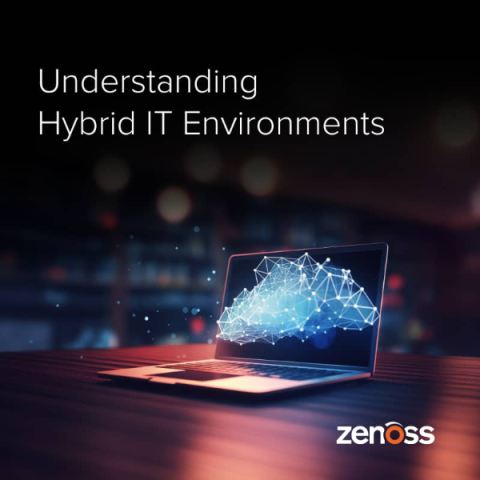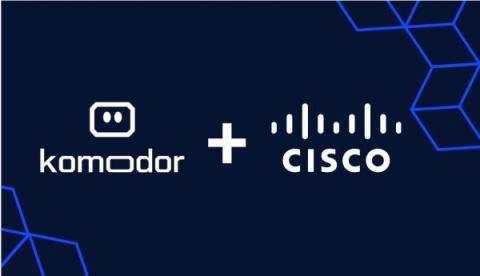Measuring the impact of your reliability work with reports
Improving reliability is important, but how do you prove that your efforts are having an impact? A critical part of reliability work is having the tools to measure and track your progress. Gremlin supports this by providing several built-in reports, which update automatically and are available on-demand. This blog post is a quick introduction to Gremlin’s reporting capabilities.




